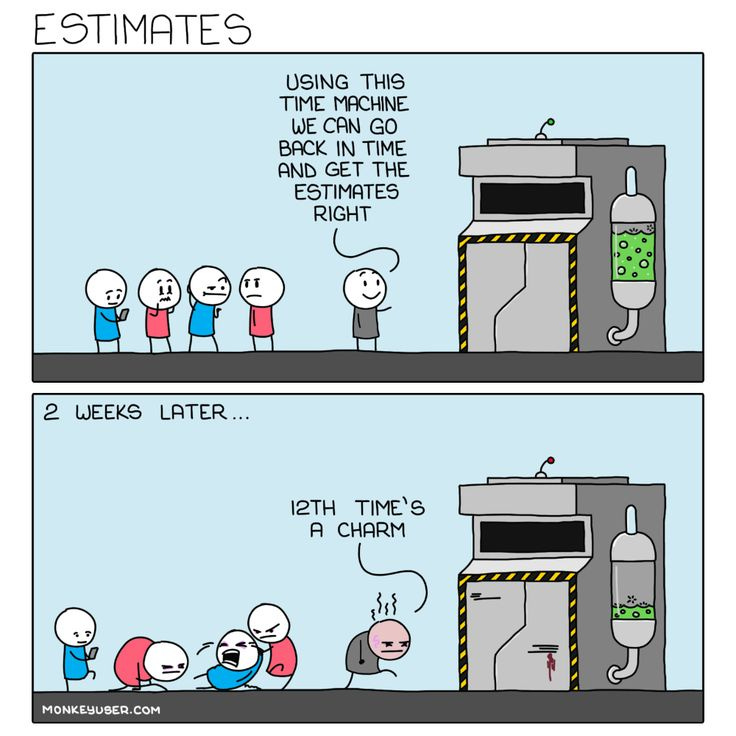Good reads: Estimations, estimations, and estimations
Precision in Estimations
Whether you're leading a team or working as a senior engineer, understanding how to estimate effectively is important.

- Four Kinds of Dates: Key Learning: Lafferty introduces a model of four kinds of dates—estimates, targets, soft deadlines, and hard deadlines—to help clarify communication and avoid misunderstandings around project timelines.
- Yes, Virginia, You Can Estimate That: Key Learning: Fournier demystifies the estimation process, emphasizing that successful estimations aim to be within a 20% margin of the goal and discusses the importance of understanding scope and requirements for accurate estimations.
- LeadingIn Tech #6: Estimated Time of Arrival Panic: Key Learning: This article highlights the importance of not rushing to give a first date, avoiding overly optimistic estimates, and making assumptions explicit. It also stresses the value of breaking down projects into atomic parts for better estimation accuracy.
- Estimated Time != Calendar Time: Key Learning: Engel discusses the difference between estimated time and calendar time, emphasizing the importance of accounting for engineering capacity, organizational specifics, and project start dates in estimations.
How can you apply these principles to your current projects?
- Are there any estimation practices in your team that could benefit from these insights?
- How can you improve communication around timelines and expectations?
Old School Burke Newsletter
Join the newsletter to receive the latest updates in your inbox.
